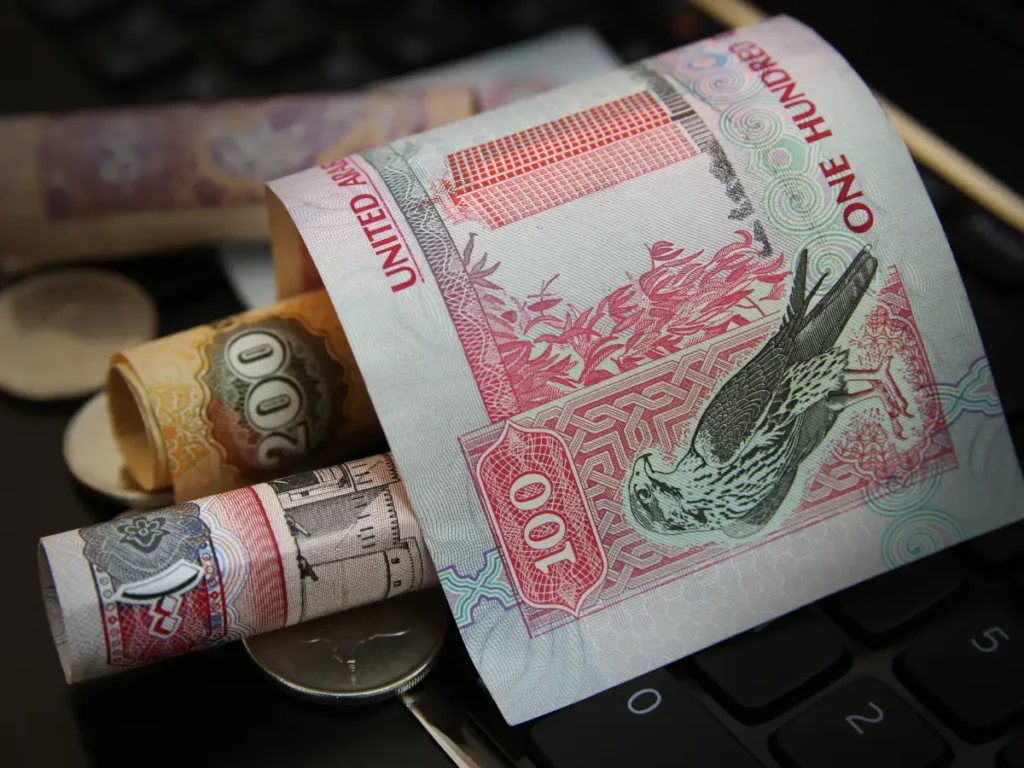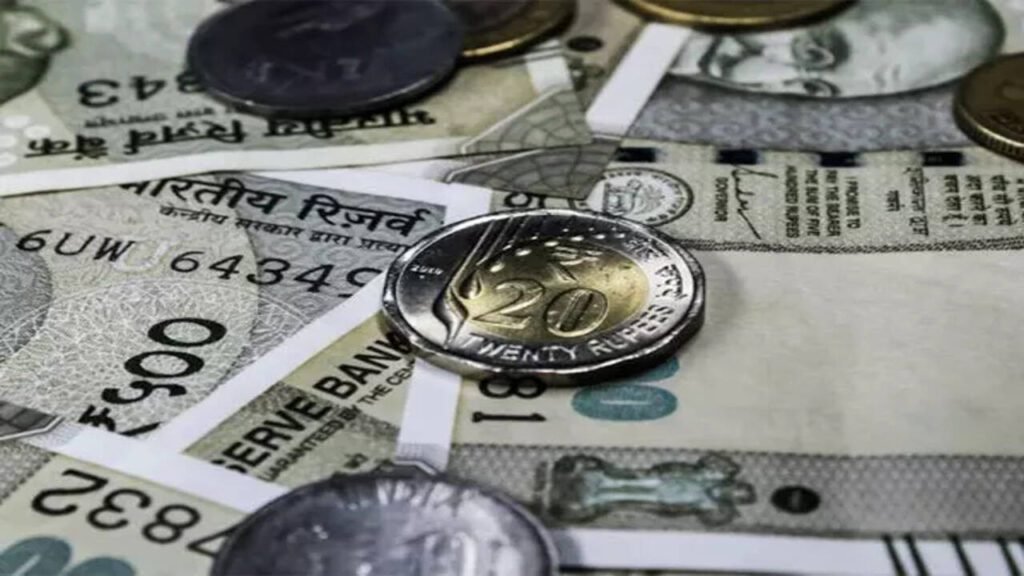Indian expats in UAE find silver lining as rupee weakens
For the millions of Indian expats in the UAE, the recent dip in the Indian rupee may come as a timely financial boost. As the rupee slumped to its lowest level in over six weeks, the mood among many overseas workers and professionals turned unexpectedly upbeat. Far from doom and gloom, this drop in the currency has opened the door to higher remittance values—bringing smiles, not stress.
With one of the world’s largest Indian diaspora populations, the UAE is home to over 3.5 million Indians. For many of them, sending money back home is not just a monthly ritual but a lifeline to support families, invest in property, pay off loans, and even fund education for their children. Now, thanks to the currency movement, every dirham they send stretches further than it did just a few weeks ago.
Unexpected financial tailwind for hardworking families

Rajesh Nair, a 37-year-old sales manager based in Sharjah, has been working in the Gulf for nearly a decade. He says this week’s currency dip gave him an unexpected edge.
“Just last month, I sent money home and the rate was much lower. This week, I got almost ₹1.20 more per dirham. For someone like me who sends money every month, that adds up fast. My parents were surprised when I told them the amount,” Rajesh said with a relieved smile.

This sentiment is echoed by countless others. Whether it’s blue-collar workers wiring money to cover school fees or white-collar professionals making real estate payments in India, the exchange rate fluctuation brings a little financial breathing room. At a time when the cost of living in the UAE is climbing, the chance to maximize returns in India is a much-welcomed blessing.

Delay in US trade deal adds to rupee’s pressure
While the dip in the rupee may benefit Indian expats, economists point to a complex backdrop behind the fall. One of the major concerns fuelling the depreciation is the ongoing delay in the much-anticipated US-India trade deal. Market uncertainty, foreign investor caution, and global economic jitters have put the rupee under additional pressure.
However, what spells concern for policymakers and investors is, ironically, good news for NRIs who earn in dirhams or dollars and send money home in rupees. In fact, this kind of economic divergence often brings temporary, but substantial, remittance booms.
Financial experts believe that unless the trade deadlock sees a breakthrough, the rupee may continue to hover around this lower level. And if that happens, Indian workers abroad—especially in countries like the UAE, Qatar, and Saudi Arabia—could see ongoing gains in remittance values.
UAE-based businesses also eye opportunity
The currency situation isn’t just a win for individuals—it’s also being watched closely by Indian-run businesses in the UAE. Importers, exporters, and travel firms catering to Indian clientele see the exchange rate as an opportunity to either hedge costs or boost India-bound travel bookings.
Sonal Jain, who runs a boutique travel agency in Dubai, said she has already seen an uptick in bookings for India in the last few days. “With the rupee falling, people are booking more vacations, buying tickets for their families, or even looking into wedding planning. Everything seems cheaper in rupee terms now.”
Similarly, small-scale importers who purchase items from India to sell in the UAE are temporarily in a better position. Their dirhams go further when sourcing goods, giving them a competitive edge or room to improve their profit margins.

Expats weigh when and how much to remit
But the situation also comes with a hint of urgency. Many expats are carefully tracking the market, unsure how long this window of advantage will last. Should they remit a large amount now, or wait in case the rupee dips even further?
Financial advisors recommend a balanced approach. While no one can predict the perfect timing, sending money in smaller chunks during periods of weakness may help reduce the risk of missing out altogether. For families in India who rely on consistent support, this strategy ensures a stable inflow while still benefiting from higher conversion rates.
Neha, a 29-year-old nurse working in Abu Dhabi, decided to send her savings home earlier than planned. “I usually wait till the 10th of every month, but I didn’t want to lose this opportunity. I called my brother and told him to expect the amount early,” she said.
Real estate, savings, and education: Where the money is going
With the rupee at a more favorable rate, many expats are now revisiting long-pending investment decisions. Property developers in India have reported increased interest from NRIs in recent weeks. Buying land, paying off mortgages, or even starting home renovation projects have become more affordable thanks to the remittance surge.
For some, this is the right moment to increase education fund transfers for children studying in India. For others, it’s an ideal time to boost savings or emergency funds that have taken a hit over the past few years due to inflation and pandemic-related expenses.
Arun Thomas, a 45-year-old engineer in Dubai, explained how the currency change impacted his plans. “I was holding back on a flat purchase in Kerala. Now, with the rupee down, the price tag looks a lot more reasonable. I’m considering closing the deal next month if this trend continues.”

Looking ahead: cautious optimism among the community
While the current scenario feels encouraging, most expats know it could change in a flash. Currency markets are notoriously volatile, and geopolitical events—whether it’s a breakthrough in the US-India deal or changes in interest rates—can turn the tables quickly.
Still, for now, the prevailing mood in Indian communities across the UAE is one of cautious optimism. There’s a palpable sense of relief among those who’ve been juggling rising expenses abroad and financial responsibilities back home.
In the coming weeks, if the rupee continues on this path, many families may finally be able to clear debts, invest more confidently, or simply breathe easier. For some, it might mean that long-postponed dreams—a daughter’s wedding, a new house, or a parent’s surgery—can finally move forward.
Community support and remittance apps see spike
Digital remittance platforms and community-led exchange services are also experiencing a noticeable spike in activity. With more people choosing to send funds while the rates are favorable, app-based transactions are reaching new highs. Exchange houses across the UAE have been reporting long queues and higher transaction volumes.
Technology has made it easier than ever to track rates in real time, compare transfer fees, and send money within minutes. This accessibility is empowering expats to make informed financial decisions on the go.
Moreover, community leaders and social media groups have started posting regular updates to help fellow Indians navigate the market shifts. In WhatsApp groups and Facebook forums, discussions about the best time and method to remit money have taken center stage.

A reminder of resilience and connection
Beyond economics, moments like these remind the world of the resilience and interconnectedness of the Indian expat community. Despite being miles away from home, every financial decision made in the UAE ripples through villages, cities, and families across India.
When the rupee weakens, it’s more than just a number. It becomes a tool of empowerment for those working tirelessly abroad, often sacrificing personal comfort for family welfare.
As one Dubai resident poignantly put it, “We left India to earn better, to give our families a better life. If today we can give them more with the same amount of money, that’s a win. That’s why we’re here.”
In a global economy full of uncertainty, this brief moment of financial advantage is being cherished. For many Indian expats in the UAE, it’s a reminder that their sacrifices are paying off—one dirham, and one rupee, at a time.
Do follow UAE Stories on Instagram
Over 40 Domestic Worker Agencies Busted in UAE for 140+ Violations













